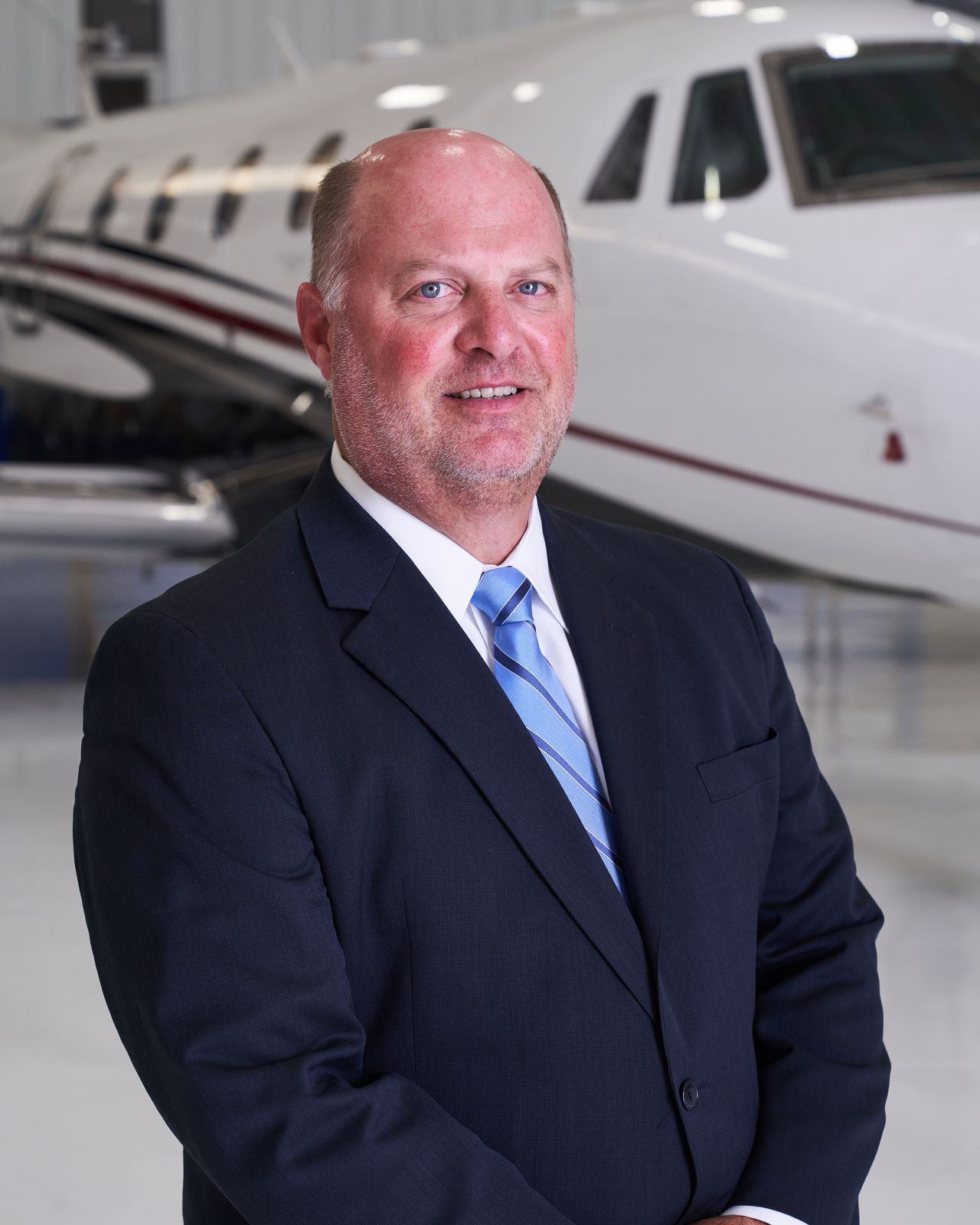Are air taxis the future of travel? Alabama wants to âget ahead of the gameâ
Alabama legislators want the state to jump in on a growing startup industry: novel aircraft designed to quickly take off and land for short-distance travel.
This sort of technology could allow passengers to soar over traffic, to commute distances too short for travel between airports. Electric and hybrid air taxis wouldn’t require a runway, taking off and landing vertically to allow for fast travel between rural, suburban and urban communities.
“I think we need to be ahead of the game instead of trying to play catch up later,” said Alabama State Sen. Lance Bell (R-Pell City), who sponsored legislation highlighting the industry’s growth. Gov. Kay Ivey signed the legislation on July 19 to create a commission to study the industry.
While the technology’s viability and future success is still hypothetical, NASA expects advanced air mobility to flourish as an industry by 2030. Right now, the agency – as well as the U.S. Department of Transportation – is moving toward developing an air transportation system to move people and cargo through drones and other aircraft to places lacking aviation service.
Some of its uses that NASA promotes include more efficient medical, emergency and disaster response, quicker package delivery, and better sustainability and safety in transportation. Currently, NASA is doing its own testing through virtual reality flight simulators for the future of air taxi transportation for passengers.
Alabama’s move – which starts with forming a new Joint Study Commission on Advanced Air Mobility sometime in the next two months, Bell said – echoes that national priority to promote advanced air mobility as an opportunity for economic growth.
“Our system of aviation is now on the cusp of the greatest transformation since the introduction of widely-available jet travel over 60 years ago,” the legislation reads. “This emergent field raises the exciting prospect of short-distance commuting, including ‘air taxi’ service and cargo transport between previously underserved locales and regions.”
The commission will include Alabama Lt. Governor Will Ainsworth, three members of the Senate and the House of Representatives, the Alabama State Law Enforcement Agency’s secretary, and two industry experts.
They will study Alabama’s existing aviation infrastructure, what it needs to do to expand in new local, regional and urban transportation systems, identify Alabama aeronautical companies that could contribute, and recruit more companies who specialize in advanced air mobility technology and logistics to move to Alabama.
Just how financially accessible this mode of transportation would be and how much Alabama would invest in the industry statewide remains unclear. The commission would eventually iron out those details, Bell said.
Executives of Birmingham-based Southern Sky Aviation, a private charter flight company, visited England last year to see a vertiport – a landing pad for electric aircraft that take off and land vertically.
“It really sparked our company’s interest to begin to pay attention to technological innovation in our industry,” said Donald Howell, the company’s president and CFO. “What dawned on me is that our state has a very strong reputation in the aerospace and automobile industries. Our state is also a leader in the production of electric automobiles but I was not seeing any focus whatsoever on electric aviation.”
Donald Howell is president and chief financial officer of Birmingham-based Southern Sky Aviation.
When they returned, Howell reached out to Bell to discuss the burgeoning advanced air mobility field and opportunities for Alabama to jump in. Around that time, Archer Aviation, a California company developing evTOL aircraft, announced it had selected Covington, Georgia as the site for its major air taxi manufacturing plant, slated to open in 2024.
Howell said he knew then that Alabama needed to jump in on the opportunities for economic development and job creation in the field. One strategy for the state to attract manufacturing companies to build this type of aircraft here could be economic incentives, Bell said.
In addition to Archer Aviation, other current leaders in the air taxi startup industry include Joby Aviation in California, Beta Technologies in Vermont, and a slew of other companies in Germany and China, which are navigating various stages of developing prototypes and seeking certifications for their electrical vertical takeoff and landing vehicle models.
Both Bell and Howell pointed out the state’s breadth of municipal and smaller airports, such as the St. Clair County Airport in Pell City in Bell’s district. Airports like that one work with nearby manufacturing facilities such as Honda Motor Company to transport cargo. They could serve as a helpful model for developing advanced air mobility aircraft, as well as serve as an economic hub as the industry grows, Howell said.
Since Southern Sky Aviation is certified by the Federal Aviation Administration as a charter flight operator and repair station, Howell imagines his business could benefit from the field’s growth by easily transitioning to air taxis and working with manufacturers and technicians to provide maintenance.
The legislation pointed out Huntsville’s share of aeronautics as home to the NASA Marshall Space Flight Center and industry companies. In 2011, the city launched battery- and biodiesel fuel-powered airplanes through a $1.6 million NASA competition to promote fuel-efficient, low-noise, low-weight and low-pollution air travel.
A spokeswoman for Huntsville declined to comment on any plans for the city to support the state’s effort.
